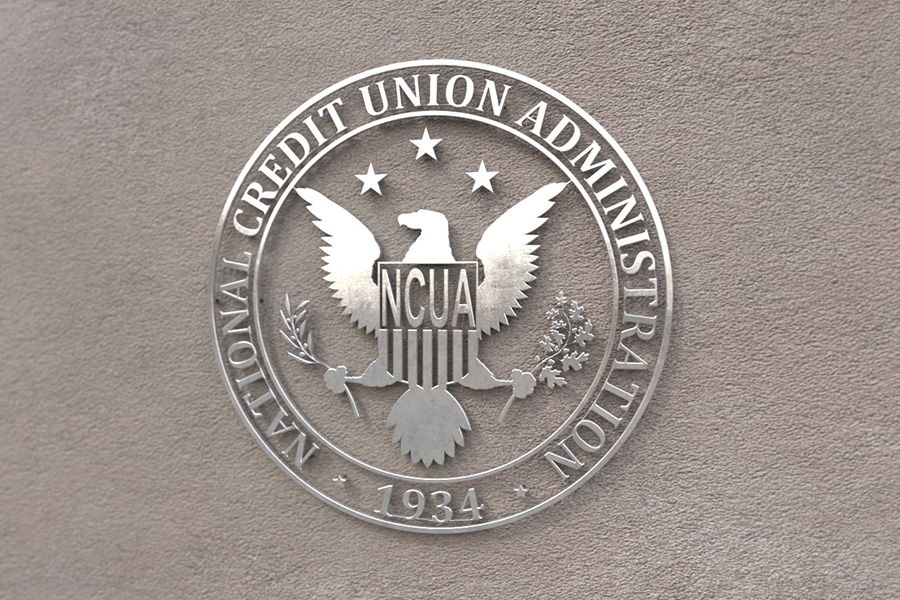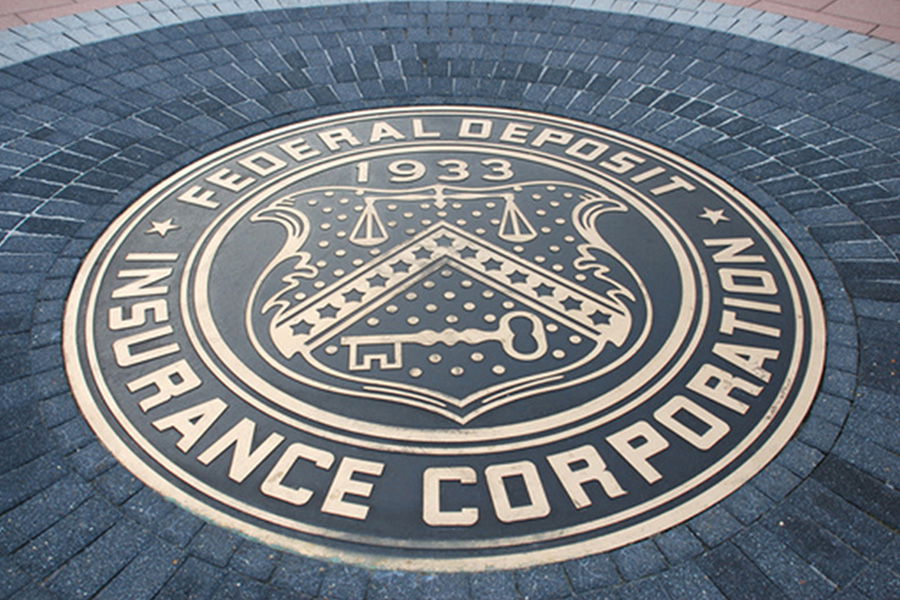The National Credit Union Administration (NCUA), is a familiar name to anyone who banks with a credit union. It’s a U.S. government agency responsible for insuring the deposits of credit union members.

So, if you’re a credit union depositor, you can sleep soundly knowing that your hard-earned savings are insured by the NCUA. But, have you ever wondered exactly what NCUA insurance is and how it works?
We’ll explore the details of NCUA insurance, clearing up any confusion and answering any questions you might have. After reading this, you’ll fully understand the protection NCUA insurance offers credit union depositors.
What is an NCUA insured account?
An NCUA insured account is a type of account offered by credit unions that is backed by the NCUA. This insurance provides depositors with peace of mind, knowing that their funds are protected up to $250,000 in the event of a credit union failure.
The NCUA insurance not only protects your deposit but also ensures the stability of the entire credit union system, promoting confidence in the credit union industry as a whole. It’s important to note that NCUA insurance is different from other types of bank deposit insurance, such as FDIC insurance, which covers depositors at banks.
How does NCUA insurance work?
NCUA insurance works by providing depositors with protection for their funds in the event that their credit union fails. In the unlikely scenario of a credit union being unable to meet its obligations, the NCUA steps in to ensure depositors receive the funds they are owed.
Each depositor is protected up to $250,000 and separate coverage options are available for joint accounts and individual retirement accounts. To keep the insurance fund financially stable, credit unions pay premiums to NCUA. And, in the rare occasion that a credit union fails, NCUA acts promptly to secure depositors’ insured funds and minimize any disruption.
The History and Mission of the NCUA
The National Credit Union Administration was established in 1970 by the U.S. Congress, with its core mission to protect credit union members and ensure the safety and soundness of the credit union system. The NCUA is an independent federal agency, funded by the credit unions it regulates and insures.
The NCUA’s responsibilities include:
- Chartering and supervising federal credit unions
- Insuring deposits at credit unions through the National Credit Union Share Insurance Fund (NCUSIF)
- Managing the NCUSIF, which is funded by credit unions through insurance premiums
- Enforcing federal regulations and credit union laws
- Providing support and resources to credit unions and their members
What types of accounts are insured by the NCUA?
The NCUA insures several types of accounts, including:
- Share savings accounts: This staple account type at credit unions provides a reliable method of saving money. A savings account offers basic features and a straightforward approach to helping people grow their savings over time.
- Share draft (checking) accounts: A checking account offers quick access to funds for everyday transactions and simplifying the process of managing finances.
- Money market accounts: A money market account typically offers a higher interest rate in comparison to a savings account. But, a higher minimum balance is a requirement to keep this type of account active.
- Certificate accounts: For those looking for a guaranteed return, certificate accounts offer a fixed interest rate for a set period of time, provided the funds are committed for the duration specified.
- Individual retirement accounts (IRAs): IRAs are tailored accounts, created with the aim of helping individuals plan and save for their retirement. They come in two varieties: traditional and Roth IRAs, each with unique attributes that can aid in reaching long-term financial goals.
What types of accounts are not covered by NCUA insurance?
NCUA insurance does not cover certain types of accounts, including:
- Mutual funds
- Annuities
- Treasury securities
- Life insurance policies
- Stocks
- Bonds
- Foreign currency deposits
How to Verify if Your Credit Union is NCUA Insured
Before opening an account with a credit union, it’s crucial to confirm that it is NCUA insured. There are several ways to verify this information:
- Look for the NCUA logo: Federally insured credit unions are required to display the official NCUA insurance sign at their branches and on their websites.
- Use the NCUA’s online locator tool: This online tool allows you to search for credit unions by name, address, or charter number.
- Check the credit union’s website: Most credit unions include information about their NCUA insurance status on their websites, typically in the “About Us” or “Membership” sections.
- Contact the credit union directly: If you’re unable to find the information online, you can always call them and ask about its NCUA insurance status.
How much does NCUA insure accounts for?
Each type of account offered by credit unions is insured separately by the NCUA, with a maximum coverage of $250,000 per account. So, if you have multiple accounts at the same federally insured credit union, each one is insured up to $250,000.
Joint accounts also receive insurance coverage from the NCUA, with each joint account owner eligible for up to $250,000 in insurance. So, if you have a joint account with someone else, both of you will be insured for that amount.
Bottom Line
In summary, as a credit union member, it’s reassuring to know that your accounts are protected by the NCUA. This insurance not only provides peace of mind but also ensures that depositors’ funds are insured up to $250,000 per account type. And, if you have multiple accounts at the same credit union, each one is insured, offering added security for your financial assets.
Frequently Asked Questions
How much does the NCUA insure?
The NCUA insures deposits at credit unions up to $250,000 per depositor, per account ownership type, and per credit union. So, if you have deposits at multiple credit unions, each account will be insured separately up to the $250,000 limit. The NCUA insurance limit is separate from the FDIC insurance limit and applies only to credit unions.
What credit unions are insured by the NCUA?
All federal credit unions and most state-chartered credit unions are insured by the NCUA. You can easily check by using the NCUA’s online “Credit Union Locator” tool or by reaching out to them directly. Also, keep in mind that even if a credit union isn’t insured by the NCUA, it could still be protected by a private insurance company.
See also: Best Nationwide Credit Unions
Are banks NCUA insured?
No, banks are not insured by the NCUA. The NCUA only covers deposits made at federally insured credit unions. The Federal Deposit Insurance Corporation (FDIC) covers deposits at banks and savings associations.
Is NCUA insurance as good as FDIC insurance?
Yes, the insurance provided by the NCUA is just as good as the insurance provided by the FDIC. Both NCUA and FDIC insurance provide the same level of protection for depositors, up to a maximum of $250,000 per depositor, per account ownership type, per financial institution.
Deposits held at one institution are insured separately from deposits held at another institution, regardless of whether the institution is a bank or credit union. So, whether you choose to keep your deposits at a credit union insured by the NCUA or at a bank insured by the FDIC, you can feel confident that your funds are secure up to the maximum insurance limit.



